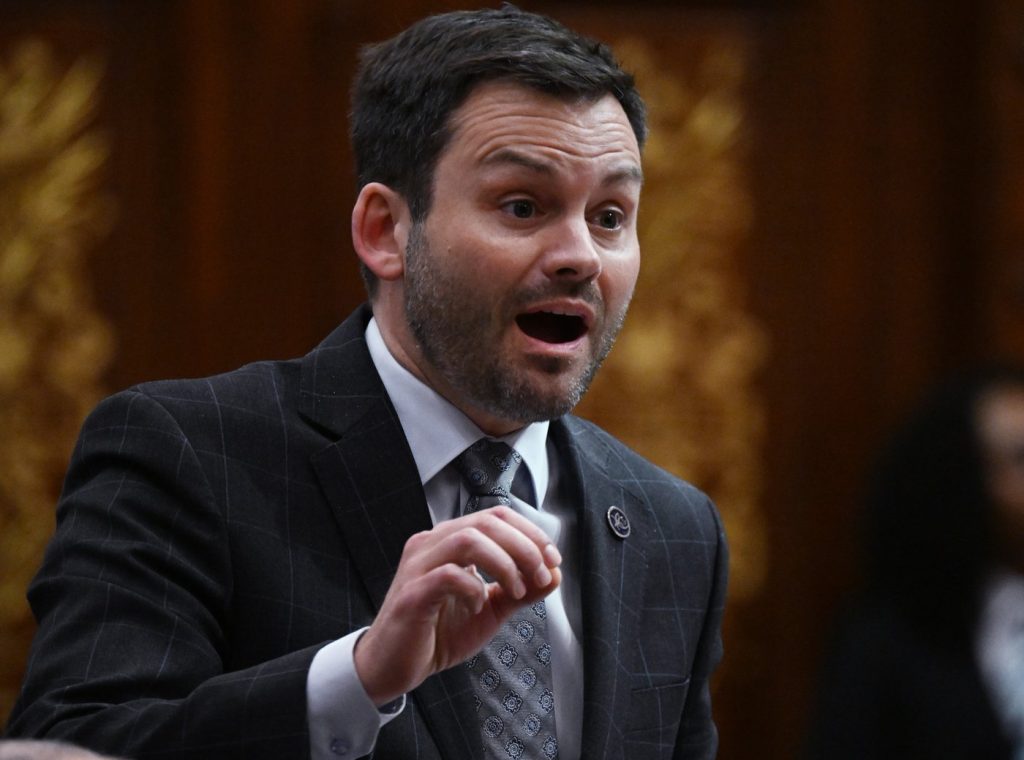MONTREAL – A Montreal man, identified as Philippe Clément-Laberge, has pleaded guilty to making death threats against the leader of the Parti Québécois, Paul St-Pierre Plamondon. The plea was entered on Tuesday at the Montreal courthouse, marking a significant development in a case that has garnered public attention.
The threats in question were directed not only at St-Pierre Plamondon but also at his family, occurring in early March 2024. This alarming incident prompted strong reactions from various sectors of the community, as threats against political figures raise concerns about safety and the integrity of democratic discourse.
Paul St-Pierre Plamondon, the leader of the Parti Québécois, chose to address the public about the threats after the story became public. He revealed that Clément-Laberge had been apprehended just days after the threats were made, highlighting the swift response of law enforcement in addressing such serious allegations. This rapid action underscores the urgency and gravity of threats made against public officials and their families.
Following his guilty plea, Clément-Laberge is scheduled for his next court appearance on March 9, 2026. The case continues to evolve as legal proceedings unfold, and it will be closely monitored by both the media and the public, given its implications for political safety and freedom of speech in Canada.
This incident serves as a reminder of the heightened tensions that can accompany political discourse, particularly in a diverse and often polarized society. The Parti Québécois, as a political entity, is no stranger to criticism and conflict, and such threats could potentially impact the political landscape moving forward.
Furthermore, the case raises essential questions regarding the protection of political figures in Canada. How society responds to threats against those in leadership positions may affect the willingness of individuals to engage in public service and political debate. The importance of maintaining a safe environment for political discussions cannot be overstated, particularly as we navigate an increasingly complex political climate.
As the legal process continues, the implications of Clément-Laberge's actions will likely be examined more closely. The judicial outcomes could influence discussions regarding legislation and policies related to threats and harassment against public officials, especially in a time when political violence and intimidation are of growing concern across various democracies.
Political leaders across Canada will undoubtedly be watching this case closely, as it may set a precedent for how such threats are treated under the law. The ongoing discourse around political safety, freedom of expression, and the responsibilities of individuals in a democracy will likely intensify as this case unfolds.











